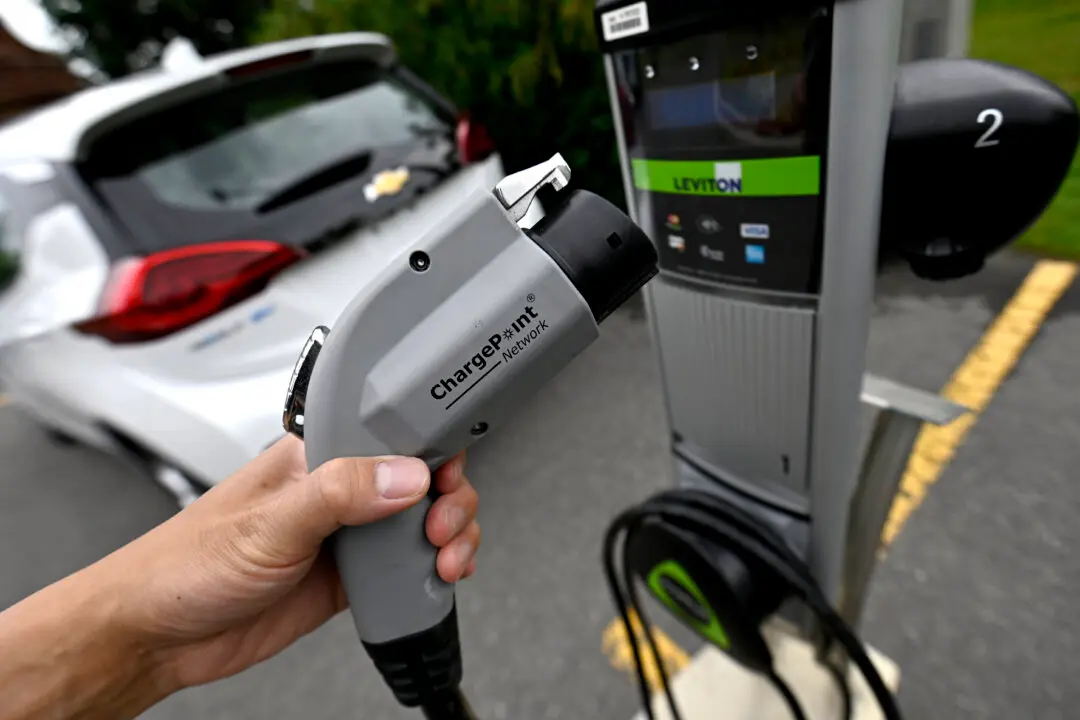Montreal-based civil rights lawyer Julius Grey said Friday he will ask a judge next week to suspend Quebec’s system for determining how many family doctors can practise in a specific region of the province.
Earlier this week, Health Minister Christian Dubé reduced the number of new family doctors allowed to practise in Montreal and increased the number who can work in nearby suburbs, leading to calls of political interference from the Opposition.





